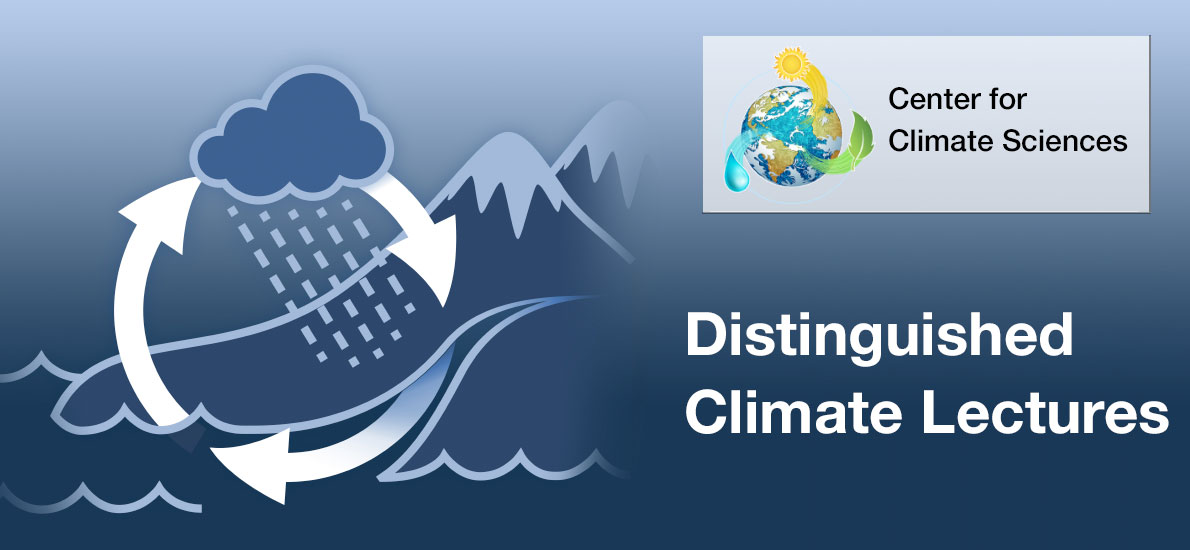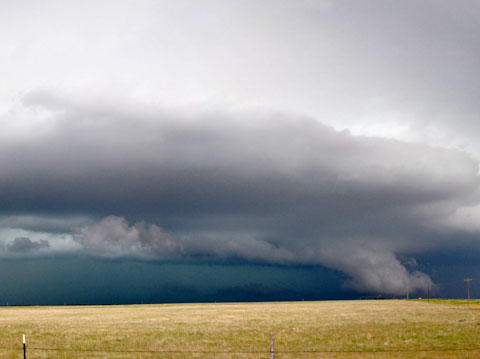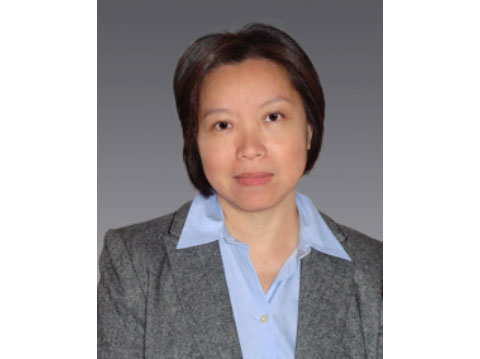Seminars
Title: Modeling Mesoscale Convective Systems and their Large-scale Environments
June 12, 2018 | 167-151, 3:00 pm

About this Lecture

Organized mesoscale convective systems (MCSs) are responsible for ~60% of summer rainfall in the U.S. Great Plains and 50-60% of tropical rainfall globally. Deficiency in representing MCSs contributes importantly to climate model biases in simulating the precipitation and its diurnal variability over the central U.S. and tropical circulation, with important implications to modeling the regional and global water cycles. In the past decades, observed increases in springtime total and extreme rainfall in the central U.S. have been dominated by increased frequency and intensity of long-lasting MCSs. Understanding the environmental conditions producing long-lived MCSs is therefore a priority in determining how the characteristics of precipitation may change in the future. Regional and global variable resolution models are being used to perform convection permitting simulations of MCSs and their interactions with the large-scale environment. The large-scale and mesoscale ingredients identified from the simulations and analysis of CMIP5 models provide a framework for understanding and modeling the potential changes in MCSs and hydrometeorological extremes in the future.
About

Dr. L. Ruby Leung is a Battelle Fellow at Pacific Northwest National Laboratory and an Affiliate Scientist at National Center for Atmospheric Research. Her research broadly cuts across multiple areas in modeling and analysis of climate and water cycle including orographic precipitation, monsoon climate, extreme events, land surface processes, land-atmosphere interactions, and aerosol-cloud interactions. She is the Chief Scientist of the U.S. Department of Energy’s Energy Exascale Earth System Model (E3SM). She has been active in development, evaluation, and use of regional climate models and high resolution and variable resolution global climate models. She has served on advisory panels and National Research Council committee that define future priorities in climate modeling. Dr. Leung is an elected member of the National Academy of Engineering and Washington State Academy of Sciences. She is also a fellow of the American Association for the Advancement of Science (AAAS), American Geophysical Union (AGU), and American Meteorological Society (AMS). She received a BS in Physics and Statistics from Chinese University of Hong Kong and an MS and PhD in Atmospheric Sciences from Texas A&M University. She has published over 250 peer-reviewed journal articles.
